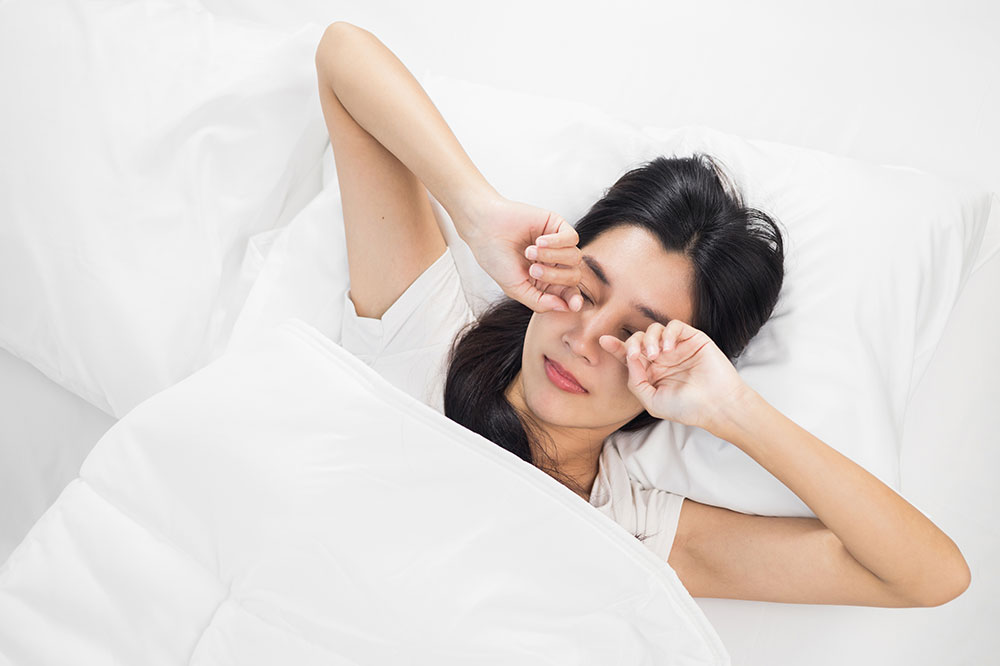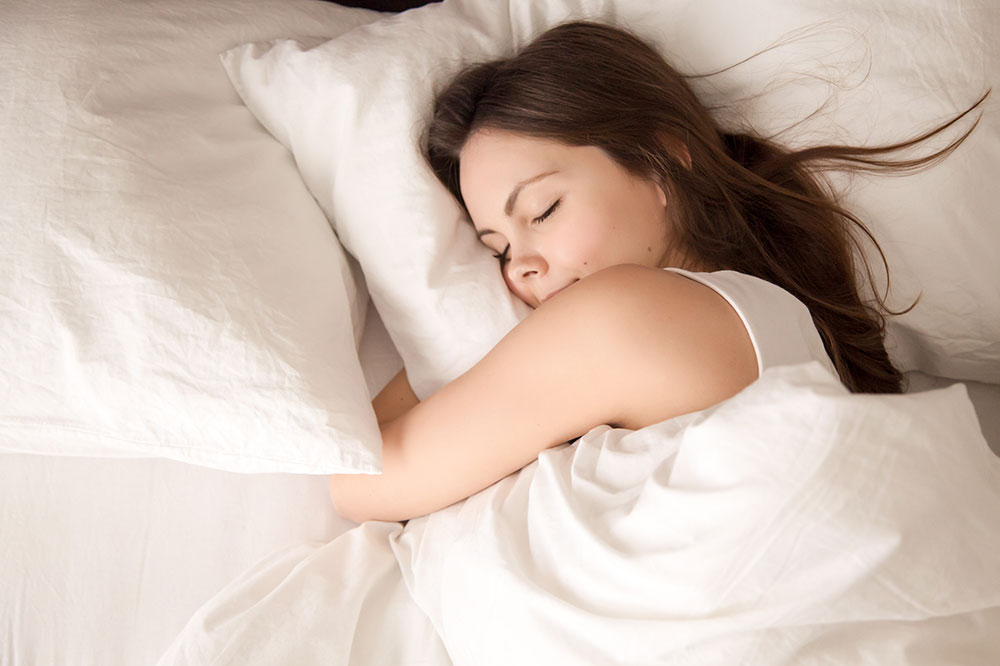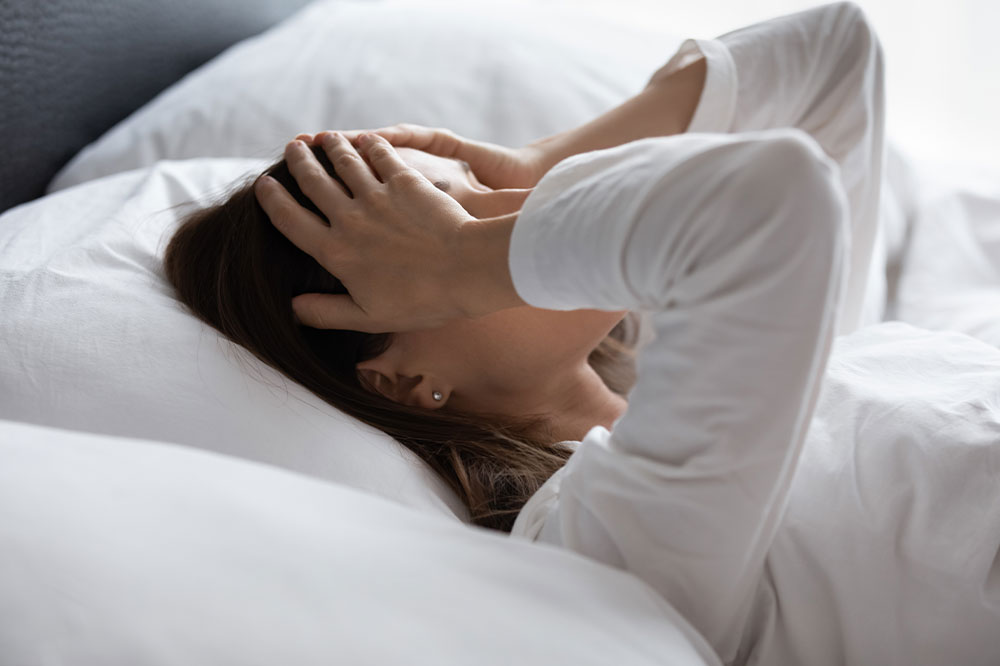5 Pre-Bedtime Mistakes to Avoid for Better Sleep and Overall Well-Being
Enhance your sleep quality by avoiding five common pre-bedtime mistakes. Proper routines, such as timing exercises, limiting screen time, maintaining consistent schedules, and mindful eating, can significantly improve your nightly rest and overall health. Discover practical tips to sleep better and wake up refreshed every day.

Essential Tips to Improve Your Nightly Rest by Avoiding Common Pre-Sleep Habits
Even if you invest in high-quality mattresses from renowned brands like Tempur-Pedic, Saatva, Sleep Number, Serta, or Essentia to enhance your sleeping experience, these upgrades alone may not guarantee restful, rejuvenating sleep. The routines and habits you engage in before bedtime are equally crucial in determining your sleep quality and overall health. Implementing the right pre-bedtime practices can significantly enhance your sleep and contribute to long-term well-being. Conversely, avoiding certain habitual behaviors can prevent sleep disruptions, reduce fatigue, and promote better mental and physical health. Here are five common pre-sleep mistakes that you should steer clear of to enjoy more restful nights and improve your overall health:
Engaging in Intense Physical Activity Too Close to Bedtime
An exhausting workout session right before sleep can do more harm than good. Vigorous exercise on the evening can cause your heart rate to spike, adrenaline levels to rise, and energy to remain elevated, making it difficult for your body to transition into a restful state. While physical activity is beneficial for health, timing matters. Experts advise scheduling intense workouts at least three to four hours before bed. This allows your body sufficient time to cool down naturally, hormone levels to normalize, and your nervous system to settle, leading to smoother transitions into sleep. Incorporating relaxing activities such as gentle stretching or yoga post-exercise can also aid in relaxing muscles and preparing your body for rest.
Excessive Use of Screen Devices Before Bed
Exposure to blue light emitted from smartphones, tablets, computers, and televisions is one of the most common disruptions to sleep hygiene. Blue light suppresses the secretion of melatonin, a crucial hormone that regulates your sleep-wake cycle. Reduced melatonin levels lead to difficulties falling asleep and poorer sleep quality. To foster a more natural transition into sleep, it’s advisable to turn off screens at least an hour before bedtime. Instead, engage in calming activities such as reading a physical book, practicing meditation, or performing gentle stretching exercises. These habits help inform your body that it’s time to wind down and prepare for restful sleep.
Going to Bed Too Early or Maintaining Irregular Sleep Schedules
Adopting an inconsistent sleep routine, especially sleeping significantly earlier or later than usual, can result in what is known as ‘social jet lag’. This misalignment between your internal clock and social schedule can cause fatigue, reduced cognitive function, and difficulty waking up refreshed. Maintaining a regular sleep schedule, where you go to bed and wake up at the same times daily—even on weekends—helps synchronize your circadian rhythms. Consistent routines reinforce your body’s natural sleep signals and lead to better sleep quality, increased alertness during the day, and improved mental health over time.
Skipping Dinner or Going to Bed on an Empty Stomach
Going to sleep hungry can be just as disruptive as overeating. An empty stomach can cause blood sugar levels to fluctuate, leading to wakefulness and discomfort during sleep. Additionally, hunger can promote restlessness, making it harder to achieve deep, restorative sleep. To avoid this, opt for a light, balanced dinner that includes complex carbohydrates and proteins. A small snack like a teaspoon of raw honey or a handful of nuts can help stabilize blood sugar levels overnight. These practices promote sustained energy release and contribute to uninterrupted sleep.
Consuming Caffeine Late in the Day or Before Bed
Caffeine is a potent stimulant that can linger in your system for several hours. Drinking coffee, tea, or energy drinks in the late afternoon or evening can interfere with your ability to fall asleep and reduce sleep quality. It's generally recommended to limit caffeine intake to the first half of the day. If you’re sensitive to caffeine, consider switching to decaffeinated versions or herbal teas in the evening. Avoiding caffeine at least six hours before bedtime helps ensure that its stimulating effects do not interfere with your sleep cycle, resulting in more restorative rest and better overall health.
By being mindful of these common pre-bedtime pitfalls and making targeted adjustments to your evening routines, you can significantly improve your sleep quality. Creating a peaceful, relaxing environment and establishing consistent practices can enhance your overall well-being, boost your mood, and increase daily productivity. A holistic approach that considers both your sleeping environment and pre-sleep habits is key to unlocking better, more restful nights and fostering long-term health benefits.




